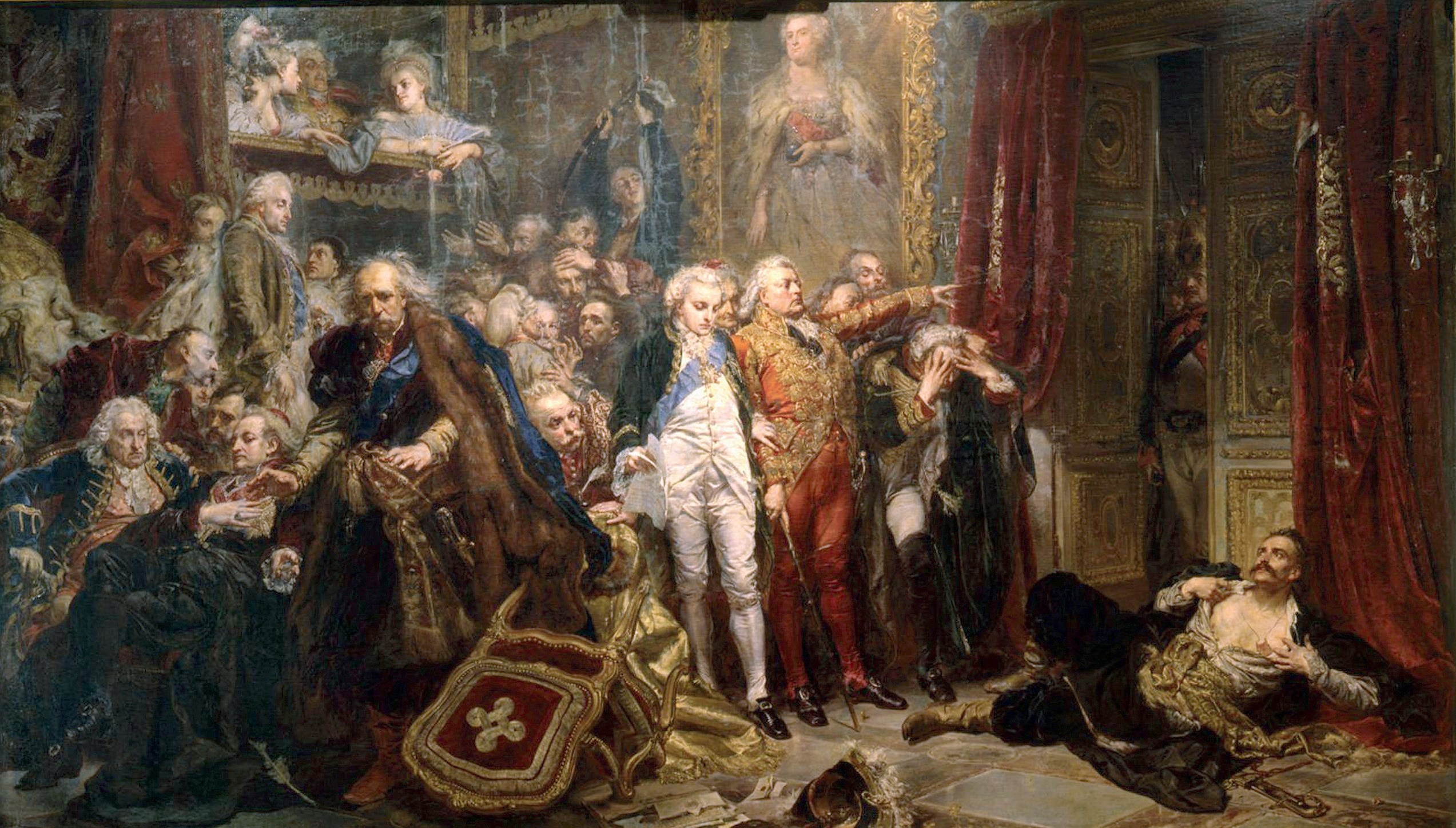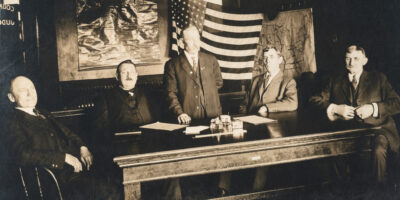Political Division Is How We Grow Rich
You are probably tired of reading about it. I am. Every day the pages of our favorite publications are filled with apocalyptic warnings of the grim consequences of intractable political differences. The anger out there is tearing us apart. Democracy is in danger, even dying. The old systems are broken. Unity of the past seems permanently gone. We can’t count on leadership at all any more. Most of the public thinks the news is fake. The mainstream press thinks the president is fake. And there seems to be no end to it.
There is a competition among writers for the New York Times among who can write the most overblown, paranoid, frenzied, and dire warnings of impending doom, as if finding new levels of maniacal expressions make it all true. Among readers, the result has a name: outrage fatigue. You can only be mad, panicked, and hysterical about the state of the world for so long before you wonder whether this whole thing might be overblown.
After all, you look around and note that the economy seems to be undergoing impressive recovery. Incomes, profits, investment, jobs, finances – everything is rising. The commerce sector is positively giddy about two things in particular: tax cuts and deregulation. It turns out that lifting the boot off the neck of free enterprise, even just a bit, has unleashed pent-up energy.
It’s hard to argue with that kind of success.I look outside the window and I see construction cranes, bustling businesses, happy workers and customers, start up companies, help wanted signs, and smiles all around. If this is what the collapse of democracy looks like, it must not be the worst fate.
Not even Jay-Z could come up with a compelling answer to Trump’s observation that black unemployment is at historic lows. He tweeted the same regarding the women’s marches: look at the job rate! Silence follows. It’s a serious question: would you rather have political unity and poverty or political division and wealth? I’m pretty sure of the answer here.
It’s time we question the value of political unity. By that I do not mean that it is a good to fight with friends and family over politics. That kind of thing enacts a terrible personal price, as every last one of us knows. It also achieves little. There is very rarely a good reason to lose friends over political differences, if you can help it. A friend who demands that you agree with him or her on political values is probably missing the whole point of friendship in the first place.
When I praise disunity, I do not mean picking fights with friends. I mean the absence of political consensus leading to consolidation. Consider a time when there is seeming universal political togetherness. Think back to the Iraq War, which enjoyed 90% approval while President Bush’s approval soared to its highest. War tends to do that but surely that should not be the model we seek, to be constantly at war in order to unite the population. The same was true in World Wars one and two. Wars suppress differences but during peacetime, differences emerge.
This is not a bad thing. It’s a sign of the diminution of national emergency and the consolidation of power. A free society needs many centers of power, none of which achieve universal assent.
Nathan Rosenberg’s classic work How the West Grew Rich demonstrates that diffuse power is not only a feature of the emergence of freedom; it is the cause of that freedom in history. The state, the locality, the church, the family, the merchants, the individuals, all have particular interests to advance. They usually involve gaining more power to game the social and economic system toward their own interests. If one interest prevails, freedom is in danger. When they all compete, with a sense of jealousy toward their own rights, the result is freedom and thereby prosperity. This was the history of the high Middle Ages and how it gradually came to lead to the Industrial Revolution. No one could get their stuff together well enough to prevent it, and that is precisely how and why it happened.
Impressed by this reality, the framers of the US Constitution attempted to build this separation of powers into the structure of government itself. The idea was to pit the branches against each other, as a check against any single interest prevailing. The unitary state, the single-purpose government with a god-like figure up top who embodies the soul of the nation, was never the American, nor medieval European, idea.
What’s interesting about this thesis is that it turns our usual suppositions on their head. We tend to think that a successful society needs a unity purpose and therefore controlling force. How can we as a people achieve anything without that? The counterintuitive reality is that we only achieve success insofar as we have the absence of a unity purpose and single center of power.
Now let’s think about the Trump presidency. Fire and Fury reports that Trump genuinely believed that once he won the election, he would benefit from the American tradition of recognizing his legitimacy as the leader of the country. Media commentators would instruct everyone to bury the hatchet, recognize the genius of democracy, and defer to the greatness of the new commander in chief. Oddly, this didn’t happen. He was truly shocked by this.
The author reports that this is why, in the first months of his presidency, he never stopped reminding people that he won and by how much. Instead of universal acclaim, he faced the opposite. The opposing party claimed that the election outcome had been realized because of Russian manipulation and the media, maybe with the complicity of the Trump campaign itself. The mainstream media itself couldn’t accept that someone like Trump could actually control the center of power. The intellectual classes have generally refused even to acknowledge the victory.
This is what has created the grim divisions we see today. It’s total war every day: Trump vs. Media vs. Intellectuals vs. Everyman vs. his own party establishment vs. foreign leaders vs. you can fill in the blank. And this is the reality we are getting used to every single hour of our lives.
But let’s try an experiment. Let’s say that you just stop listening to the news. You stop reading political books. You turn off CNN, Fox, Breitbart, and HuffPo. It all shuts down. For a full year, you have heard none of it. But you look around and what do you see? You see a growing economy, a paycheck with less robbed from you by the government, an ever more vibrant commercial sector, and a world mostly fed up with all the squabbling and all for finding non-government methods of making the world a better place.
What I’m suggesting here is that the divisions between these various centers of political, culture, and intellectual power are actually a good thing. I wouldn’t want anyone to win the great debates of our time. The end of division itself might be the worst possible outcome because it would imply that someone power source is now in charge. We actually don’t want anyone in charge. We want to recreate the conditions that made the West rich in the first place: tremendous diffusion of power and unending competition between all sectors of society.
So forgive me but I don’t want to pick sides in the great battles of our times. I’m suspicious that the very existence of these struggles are the reason why life seems suddenly to be looking up again. Disunity. Division. Competition. This is precisely what we need in public affairs, precisely so that the rest of our lives can proceed in peace, prosperity, and harmony.











